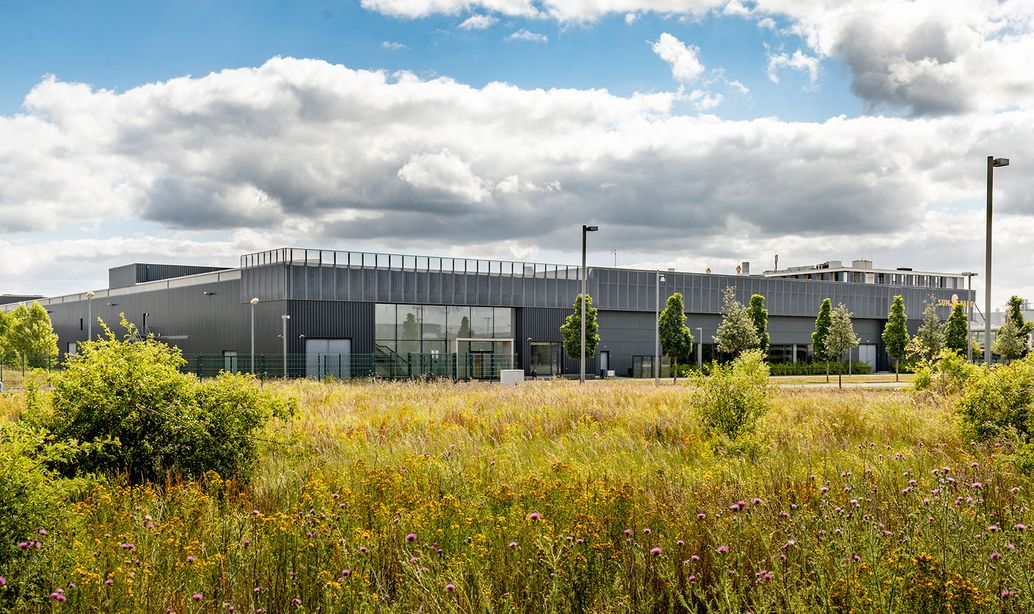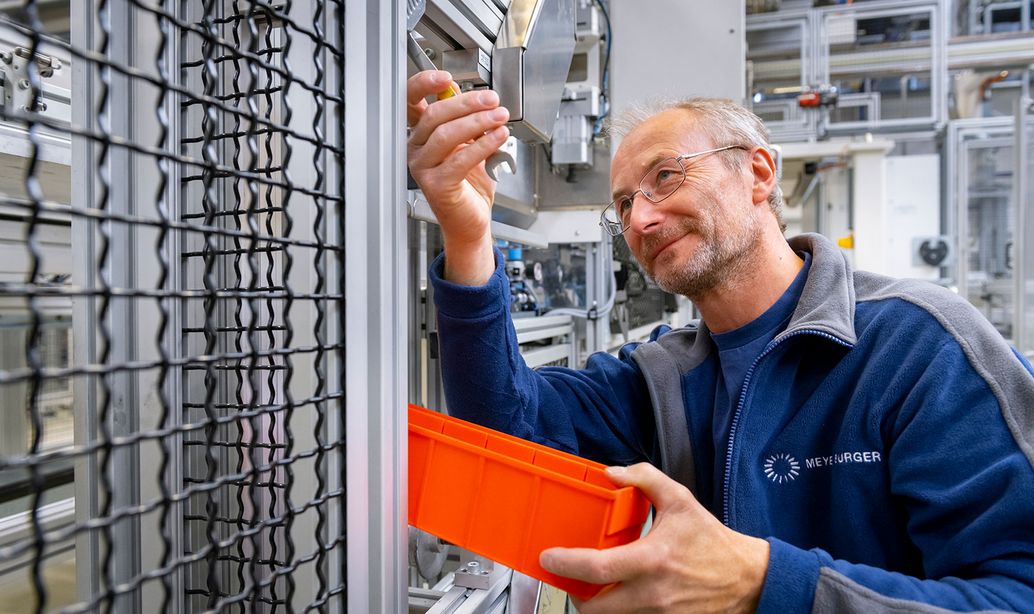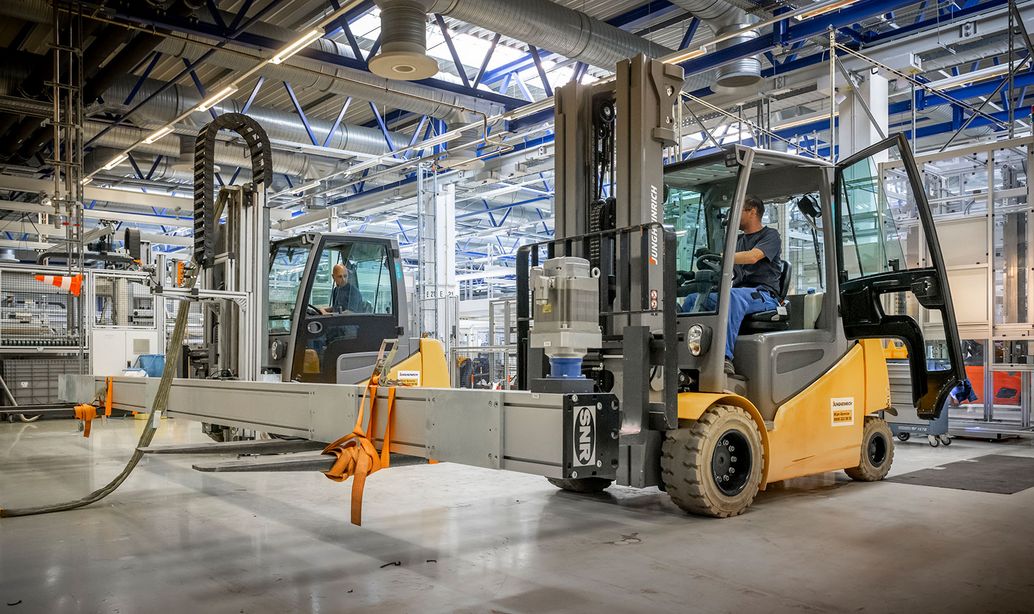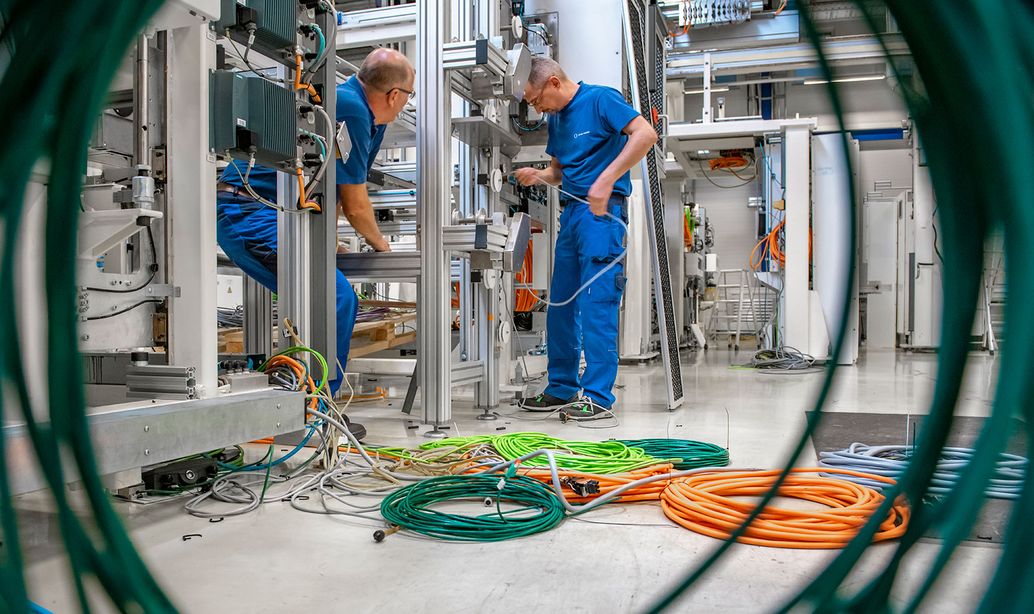Management Report
What a year for Meyer Burger: The reporting period ends so very differently than it began. Meyer Burger is reinventing itself. The company stands for the new beginning, the “renaissance” of the European solar industry.
Switzerland remains the home of Meyer Burger, because that is where engineers ensure that Meyer Burger stays at the forefront of global solar technology with its technological developments. The Meyer Burger Research team in Neuchâtel has been researching novel solar cells for years together with one of the world’s most renowned solar research institutes, the CSEM Switzerland. In 2020, they were able to report a record: The new generation of solar cells achieved an efficiency of 25.4 percent. This is one of the highest efficiencies ever achieved for industrial wafers.
The operational center is located at Meyer Burger’s largest production site in Hohenstein-Ernstthal in Germany. This is where the new technologies are transferred to industrial mass production processes. A technical center and a demo line shorten the path from the laboratory to the machine construction – as of this year, no longer for customers worldwide, but only for Meyer Burger itself. Most of the new machines currently being installed at the new sites come from Hohenstein-Ernstthal.
Everything is on track according to plans. With the production sites in the “Solar Valley” in Thalheim (city of Bitterfeld-Wolfen, Saxony-Anhalt) and in Freiberg (Saxony), Meyer Burger brings two of the most traditional solar sites in Europe back to life.
With a team of around 350 employees at both sites, production is scheduled to start in the second quarter of 2021.
The new production will be environmentally friendly. A report by the Fraunhofer Institute for Solar Energy Systems confirms that solar cell production based on Meyer Burger’s heterojunction technology (HJT) has significant environmental benefits compared to conventional manufacturing. Meyer Burger’s investments are considered exceptionally innovative and environmentally friendly. On this basis, the state of Saxony-Anhalt and the Federal Republic of Germany pledged up to €15 million in environmental aid for setting up production in Thalheim at the end of 2020.
Impressions of the new production sites



